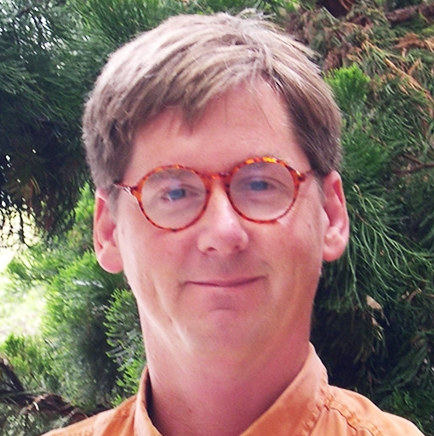This page is archived
Links to external sources may no longer work as intended. The content may not represent the latest thinking in this area or the Society’s current position on the topic.
Greenhouse gases in the Earth system: setting the agenda to 2030
Please find below MP3 audio files recorded at this discussion meeting for the following talks and discussions.


